Richard Attfield is a contributing author to Douglas Biklen’s “Autism and the Myth of the Person Alone”. The book is a collection of accounts from individuals who type to communicate. Attfield and his fellow contributors, Larry Bissonnette, Lucy Blackman, Jamie Burke, Alberto Frugone, Tito Rajarshi Mukhopadhyay, and Sue Rubin, challenge many of the misconceptions associated with disability and autism. The authors do a beautiful job of explaining their experiences in bodies that do not always cooperate, the importance of presumption of competence, literacy and the enormous difference typing has made in their lives. I highly recommend this very descriptive book for families, educators and certainly for anyone that has difficulty with speech.
Richard Attfield is passionate about the rights of children with disability labels to have equal access to education. His tireless support is remarkable, as is his poetry. Richard is a warm and brilliant human whose work is making our world a better place.
Lauri: Hi, Richard. As you know, I have been an enormous admirer of yours since reading “Autism and the Myth of the Person Alone”. You have been gracious enough to share some of your beautiful and very powerful poetry with us when Henry was going through a particularly difficult time at school. How did you get started writing ?
Richard: I have always loved books. As an infant I always had a book in my hand and that love of the written word just evolved into writing. I spent 10 years in special education and I never had the opportunity to pursue my interest as the level of education and expectations were generally poor. At the age of 15 (shortly after I began to type to communicate) my parents encouraged me to enter a Young Writers’ competition and I was a major award winner out of 30,000 entries. At the age of 19 I was determined to join mainstream College and on the merit of a poem that I had written I was offered a place on an Advanced Level Course of English Literature. One of the Lecturers asked me to enter the College writing competition and I won the Writer Of The Year Award for two years. Like anyone I followed my interests. *
Lauri: It must have been wonderful, once you were in College, to finally to be in an academic environment.
Richard: I loved College because I was recognized for my intelligence and not penalized for disability. It was hard work but I enjoyed every moment of it.
For the first time in my life I was free to be myself without the restrictions imposed by people who only perceived ‘disability’. But it also brought to the forefront what my life could have been if I had not spent 10 years of my life in special education with all the negativity and social inequality and lack of both educational and social opportunities. *
Lauri: You describe some of your experiences with education in “Autism and the Myth of the Person Alone”. I am sorry you ever had to go through anyone questioning your intelligence, denying your right to be educated alongside your peers. That is still something that is very prevalent. Unfortunately, many people who have movement and communication differences, whether they are non-verbal, have limited speech, or even speech that may sound atypical are often terribly underestimated. Do you have any advice for kids who might be going through the same thing ?
Richard: My advice would be to believe in yourself and follow your dreams. To take every opportunity to further both communication and education and social opportunities. To realize that people’s perceptions and opinions are not always correct. *
Lauri: Great advice for all. What was it like growing up having to prove your intelligence in school ?
Richard: It was a very difficult time in my life. It was somewhat of a mixed bag. My mother never believed that I was not intelligent and enrolled me in mainstream pre-school at the age of three. I enjoyed the experience after having been in a Hospital Observation Centre playgroup for a term. A few months later a teacher who worked at the local mainstream school and specialized in movement agreed to help me with my movement and she stated that I was above average intelligence. Unfortunately I was denied a place in mainstream education on the grounds of disability at the age of five. But another teacher who had worked with children with cerebral palsy when I was 14 stated that I was very intelligent and then the Lecturers at mainstream College recognized my ability. As a child I resented the fact that I was not given a placement in mainstream education. And I felt the system let me down and I had been denied an equal education . *
Lauri: You’ve written about the enormous difference tinted lenses made to address your scotopic sensitivity made. Can you describe what it was like before and after? This is something everyone should at least consider. But, until I read your experience with it, I had not heard of it”.
Richard: Being diagnosed with Scotopic Sensitivity at the age of 15 turned my life around, as did typing to communicate. The environment calmed, and I slowly had to adjust how I functioned over a period of time. Tinted lenses are not a cure but they helped significantly to reduce overload and glare from artificial lights. Instead of sensing my way around I pulled myself back into my body. It was pretty scary at times when the environment fractured and detached and writing moved on the page and disappeared from sight. Of course as a small child you would have no way of knowing that you had Meares/Irlen and no way of telling anyone the difficulties and you learnt to adapt and function differently. *
Lauri: Can you tell our readers about your experience with AAC/FC ?
Richard: Being introduced to typed communication at the age of fifteen enabled me to join mainstream College after a ten year period in special education. This would not have been possible if I had not had the opportunity to further my language through the advanced technology of AAC/FC. It is such a huge leap, to suddenly realize that you are able to communicate on par with your peers and it completely changes ones concept of oneself as a person.
Facilitation is giving support, that enables a person with poor motor control/coordination to point to letters/words or type on a keyboard/letterboard. I see AAC/FC as no different to any other child/person learning to use a computer/communication aid to do home work, write essays, write letters, e-mails etc. Obviously the skills to read and spell, should be taught at the same age as a child’s peers. However children/people who have communicated through AAC/FC have had little formal education and the equal opportunities to learn to read or write.
It seems as if reading and writing has always been in existence and as people we tend to take it for granted. In Medieval England however most of the population including the well off were unable to read or write. Very few girls were educated and the sons of the working classes could not be educated unless they were given permission . Even in the early Victorian period the majority of children grew up unable to read and write. Today however we live in the age of advanced technology, along with a vast range of books and teaching materials readily available, it is possible to learn within our environment.*
Lauri: I love that you wrote ‘I will not be defined by disability’. We have certainly tried to live by that in our home. Why is this important to you?
Richard: Because we are all human beings and ‘disability’ does not define a person. And I hated social injustice and inequality from a very young age.
I dislike ‘disability labels’ and I feel that children deserve something better than to be segregated and denied an equal education and a means of communication on grounds of disability. *
Lauri: How did you get involved with advocacy?
Richard: I felt when I was a teenager that it was possible for people to make a difference and also that a person should try to give back to society (even if things had not worked out the way you would have liked) and after my experience in segregated education I felt that the system held little merit and that the children deserved an equal education and social opportunities.*
Lauri: Thank you so much Richard, for your insight and for all that you do to make the world a better place. Your work is moving us forward. We couldn’t agree more, we can make a difference.
* All quotes Copyright Richard Attfield 2012
Richard Attfield answers our Questionairre:
Ollibean: What is your idea of perfect happiness?
Richard Attfield: Being able to communicate through typing and live my live in freedom and dignity.
Ollibean: Which living person do you most admire?
Richard Attfield: My mother.
Ollibean: What do you consider your greatest achievement?
Richard Attfield: Being human.
Ollibean: Who are your heroes?
Richard Attfield: The people that I admire greatly are the people that fought for our freedom in the two World Wars and the people that stood firm in the face of hardship and the terrible loss that wars bring. They are true heroes every single one of them. Their courage is outstanding.
Ollibean: What is your greatest fear?
Richard Attfield: Coming face to face with the Universe and being told I failed in my objective.
Ollibean: Which historical figure do you most identify with?
Richard Attfield: The Picts. The first freedom fighters who fought off the Roman legions. They stood up for what they believed in – freedom.
Ollibean: When and where were you at your happiest?
Richard Attfield: Before I went to school at the age of nine and came face to face with social injustice and inequality and segregation.
Ollibean: What change would you like to see in your lifetime?
Richard Attfield: The end of discrimination towards children/people with disability labels. And the human right of communication implemented fairly.
Ollibean: What trait do you most value in others?
Richard Attfield: Steadfastness. To stand firm in the face of adversity.
Ollibean: What’s your most marked characteristic?
Richard Attfield: A determination to rise above my own limitations.
Ollibean: Do you have a motto or phrase you live by?
Richard Attfield: ‘I will not bend my knee and I will not turn and flee’.

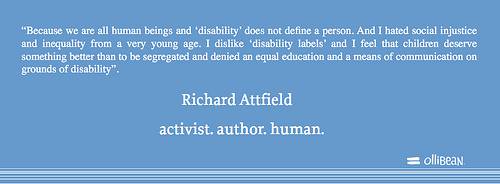
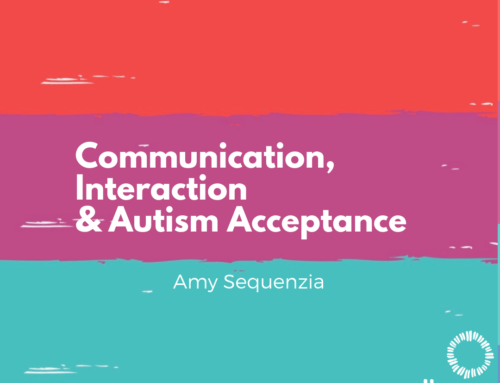
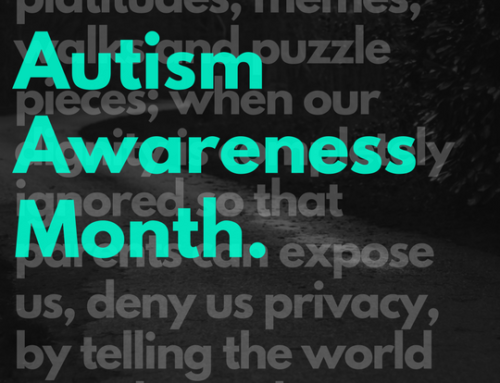
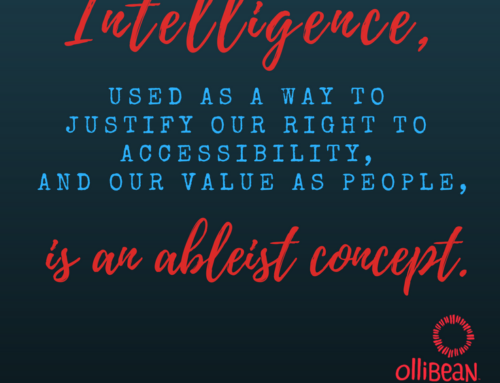
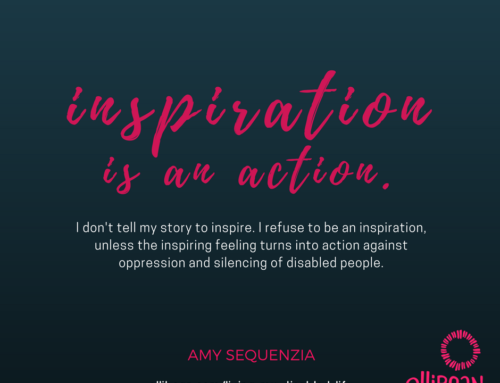
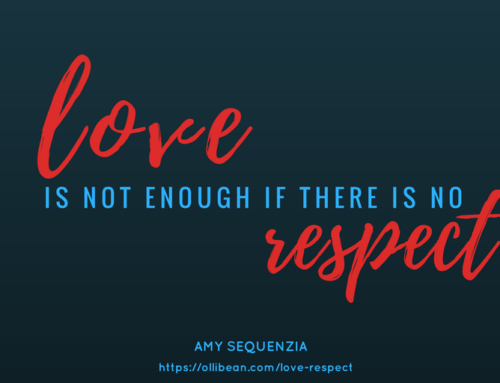
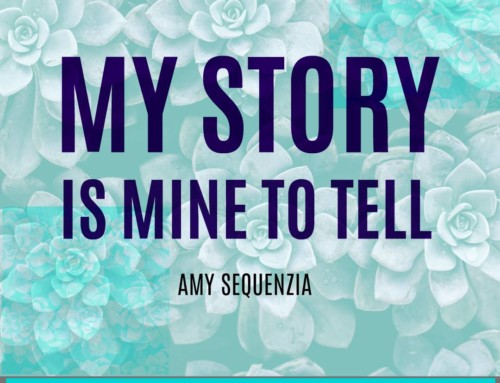
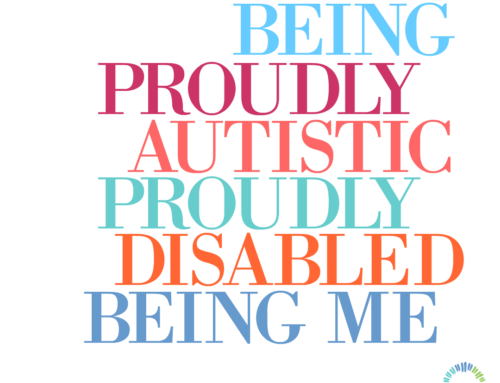
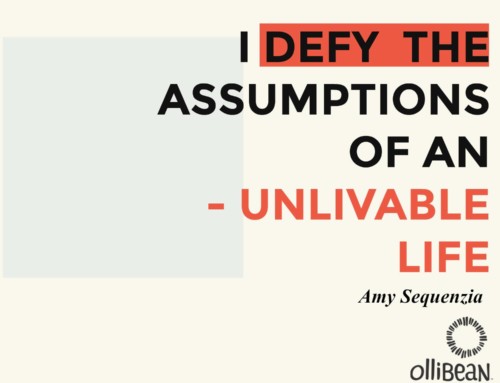
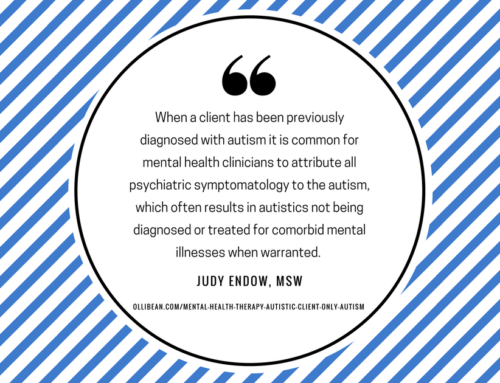
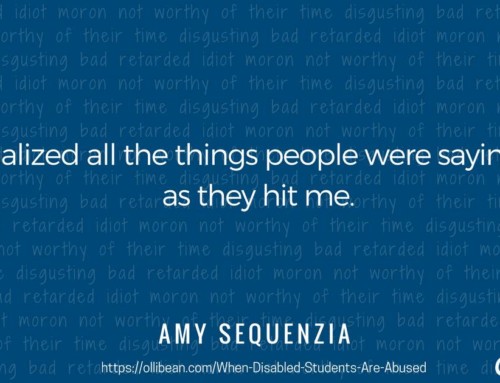

Autism and the Myth is an awesome book. Richard Attfield, thank you.